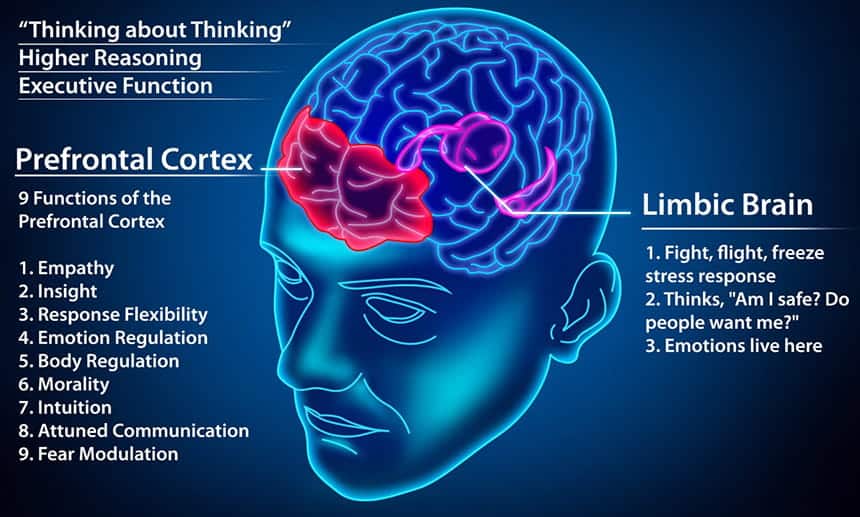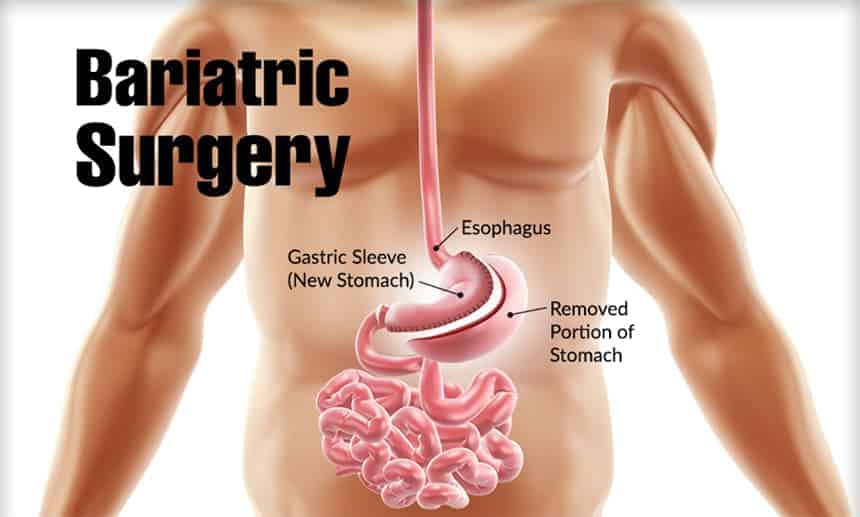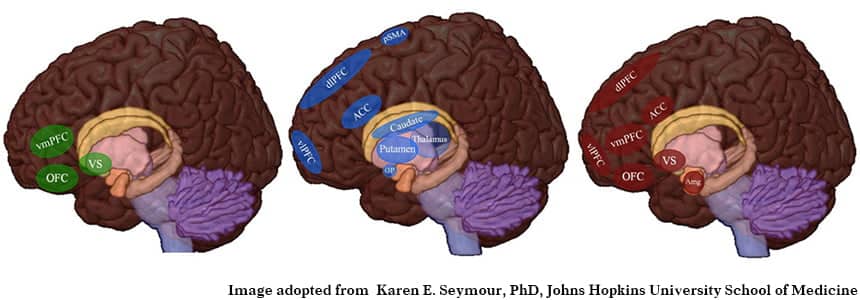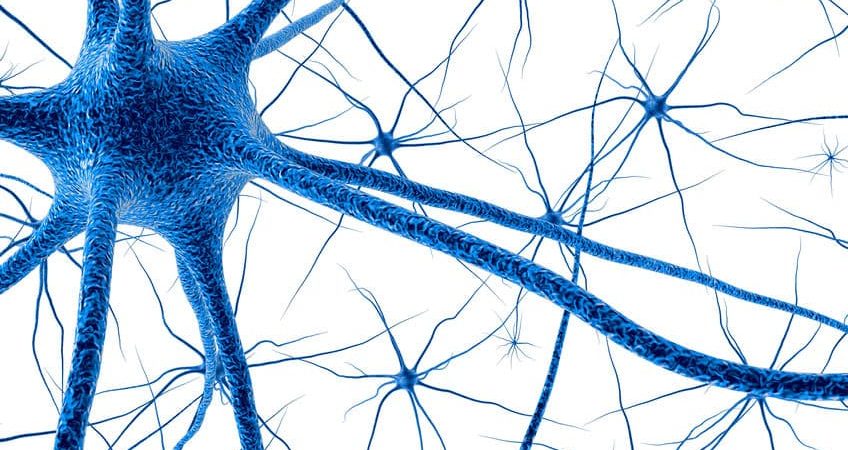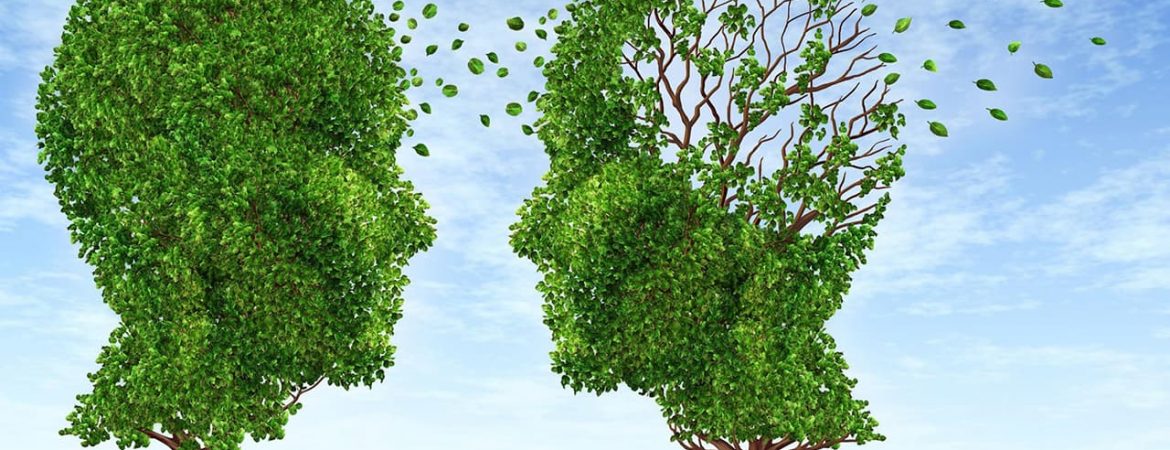What is Attention Deficit Hyperactivity Disorder? ADHD is the most common childhood developmental disorder, affecting around 5% of Australians. Characterized by inattentive, hyperactive and impulsive behaviour, ADHD can be diagnosed in children as young as 6 years old. Because ADHD …
Write to us
[email protected]
If you are a registered patient, please, contact by email or phone number provided by Intake nurse or Care GP team.
GP REFERRALS: email the referral to [email protected] ; fax: +61 3 8395 0030 | Processing time - 24 hours
Neurobiology of Binge-Eating Disorder (BED) is linked to changes in neurotransmitter networks, including dopaminergic and opioidergic systems, associated with binge-eating behaviours. Similarly to other impulse control disorders with compulsive behaviours, BED is thought to be related to maladaptation of the …
Sustained weight-maintaining effects after bariatric surgeries are questioned. Substantial weight regain 3 years post-bariatric surgery is affecting approximately 80% of patients. Some of the identified factors include undiagnosed or under-treated binge-eating and other eating disorders, minimal lifestyle changes after the …
Prevalence of insomnia in the general population ranges between 31 and 56%, whilst insomnia affects 43 to 80% of adults with Attention Deficit Hyperactivity Disorder (ADHD). Both conditions produce complications to the person’s mental and physical health. Therefore people with …
Binge-Eating Disorder (BED) demonstrates a significant diagnostic flux (transition between different conditions) with other eating disorder diagnoses over time. This means that the symptoms and the diagnosis has to be regularly reviewed and the treatment approach needs to be carefully …
ADHD in adults is often undiagnosed and carries a burden of untreated symptoms and co-morbidities which can mask ADHD symptoms and obstruct access to adequate help and treatment. A major research literature review on ADHD is conducted by our Canadian …
People with ADHD, binge-eating behaviours and impulse control disorders appear to have common neurobiology: underactive prefrontal cortex and subcortical formations as well as involved occipital and parietal brain regions are linked to the reward system associated with negative emotional states, …

